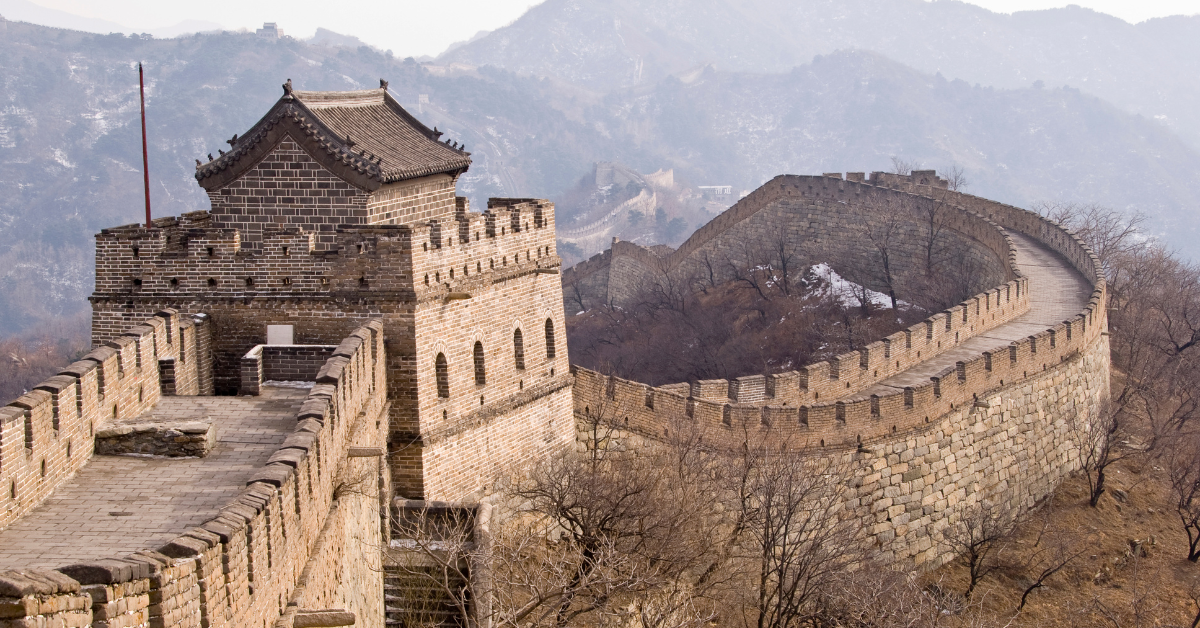The manga Kingdom has become a cultural phenomenon in Japan, admired for its compelling storytelling and lessons in leadership. In China, however, it receives a more complex evaluation, balancing praise for its entertainment value with criticism for its historical inaccuracy. This article explores how perceptions differ between the two countries and what those differences reveal about culture and history.
Evaluation of Kingdom in Japan
The appeal as a historical manga
In Japan, Kingdom is not seen as mere entertainment, but rather as a “historical manga with lessons to learn.” While set in an era less familiar to Japanese readers, the core of the story focuses on human growth and challenge. The protagonist Shin’s journey from a lowly servant to a great general gives readers hope and inspiration.
A major point of attention is how battles highlight strategy and leadership. Business executives and sports coaches have cited the manga as a source of insights, with some even referencing Kingdom in lectures and publications. In this way, Japan values the work not only for its narrative but also for its practical application in real life.
Support from a wide range of readers
Kingdom enjoys support across generations. For students, it is an entertaining break; for working adults, it provides life and business insights. Its reach expanded further through anime and live-action adaptations, attracting even those who usually do not read manga.
| Reader group | Interpretation |
|---|---|
| Students | Relate to the heroes’ growth and reflect on their own lives |
| Working adults | Learn strategy and leadership to apply in work |
| Older readers | Appreciate the depth of the historical narrative |
| Female readers | Find appeal in the emotional bonds between characters |
Such broad readership prevents the work from being confined to a niche, allowing it to become a phenomenon shared across society.
Reasons behind popularity in Japan
The explosive success of Kingdom in Japan is supported not only by the quality of the story but also by well-planned media expansion. Anime adaptations captured younger audiences, and live-action films achieved high box office results. Furthermore, public endorsements from celebrities and athletes boosted recognition among general audiences.
| Factor of popularity | Details |
|---|---|
| Historical realism | Characters based on real figures and historical events |
| Dramatic quality | Strong storytelling with themes of friendship and rivalry |
| Relevance to modern times | Elements applicable to business and sports strategy |
| Media expansion | Anime and films widened the fanbase |
Evaluation of Kingdom in China
Cultural distance from the original history
Although Kingdom is based on Chinese history, Chinese readers tend to regard it as “a Japanese interpretation of Chinese history.” The story often diverges from historical accuracy, leading to criticism, particularly among those who value precise historical education. Characterization and dramatized depictions of battles sometimes spark debate.
Yet, the emotional intensity and dynamic storytelling are highly appreciated by younger audiences. Since domestic Chinese works often emphasize educational or ideological aspects, the entertainment-focused nature of Kingdom feels fresh to many.
Enjoyment as entertainment
Among younger readers, Kingdom is popular for its large-scale battle depictions and compelling characters. While China has many historically accurate works, Kingdom stands out as “entertainment with bold reinterpretations.” In this sense, accuracy is less important than enjoyment for a portion of its audience.
| Positive views | Critical views |
|---|---|
| Enjoys the grand battle scenes | Criticizes divergence from history |
| Finds Japanese-style storytelling fresh | Feels uneasy about Japan’s perspective |
| Attracted to strong character portrayals | Rejects inaccuracies from an educational standpoint |
Complex evaluations in China
Evaluation in China is not uniform. Cultural pride and enjoyment as entertainment coexist in tension. On one hand, the lack of historical precision draws criticism; on the other, the engaging narrative secures strong popularity. As a result, the work occupies a unique position—criticized yet widely loved.
Additionally, online platforms often host discussions between Japanese and Chinese fans, creating opportunities for international exchange through the manga.
Differences in evaluation between Japan and China
Differences in perspective
In Japan, Kingdom is valued for its human drama and entertainment, while in China, historical accuracy is emphasized. This difference reflects broader cultural approaches to history.
| Country | Focus | Characteristic evaluation |
|---|---|---|
| Japan | Entertainment and character growth | A source of courage and leadership lessons |
| China | Historical accuracy | Evaluated through cultural pride and factual consistency |
Thus, the same work highlights contrasting cultural attitudes.
A catalyst for mutual understanding
Kingdom underscores differences in historical perception and cultural values between Japan and China. Yet, rather than fostering division, it can serve as a bridge. For Japanese readers, it is an entry point into Chinese history; for Chinese readers, it is exposure to Japanese storytelling. The fact that entertainment rooted in history fosters international dialogue is one of the manga’s greatest contributions.
Global reach and influence
The appeal of Kingdom extends far beyond Japan and China. Translated editions circulate in Europe, North America, and other parts of Asia. Its universal themes—growth, friendship, and leadership—resonate across cultures and borders. Leadership, in particular, has been noted even in academic contexts, with universities using the manga as material in lectures on politics and management.
Conclusion
In Japan, Kingdom has secured its place as a nationally beloved manga, while in China, it exists as a controversial yet popular cultural phenomenon. These differing evaluations reflect each country’s historical consciousness and cultural background. Yet the shared engagement demonstrates the potential of one work to foster cross-cultural dialogue. More than just a manga, Kingdom continues to shine as a piece of international cultural exchange.






